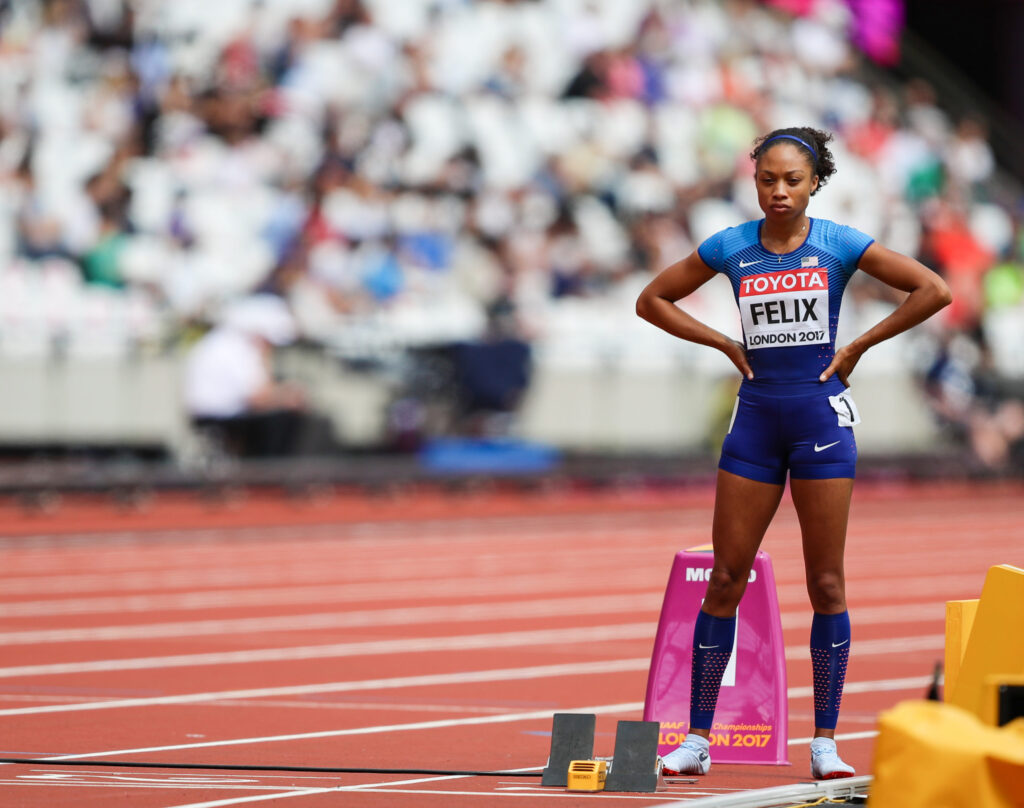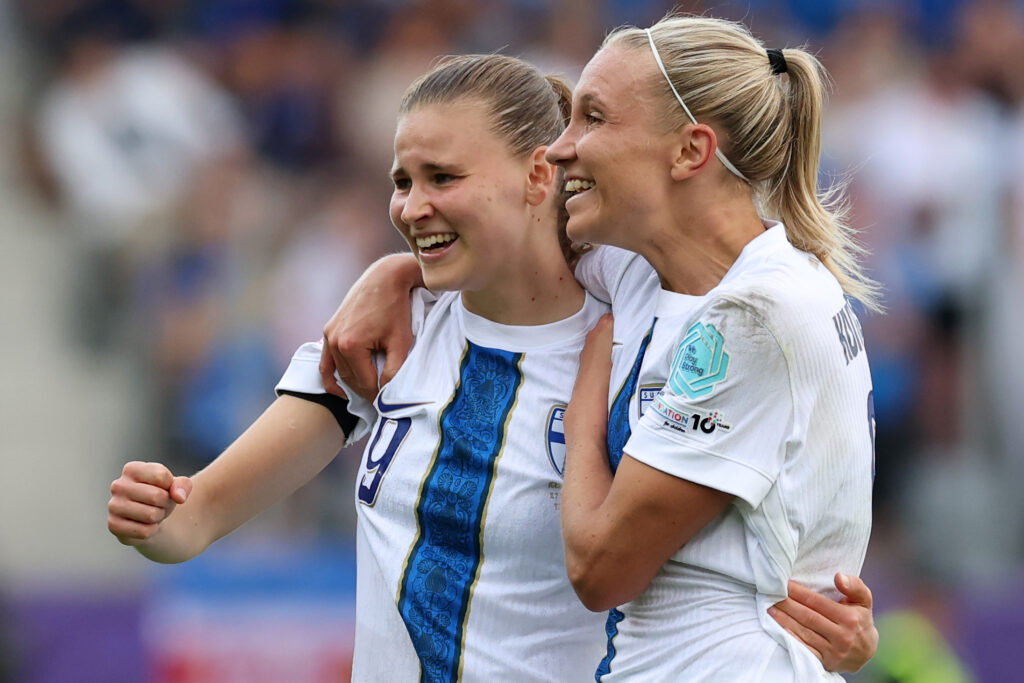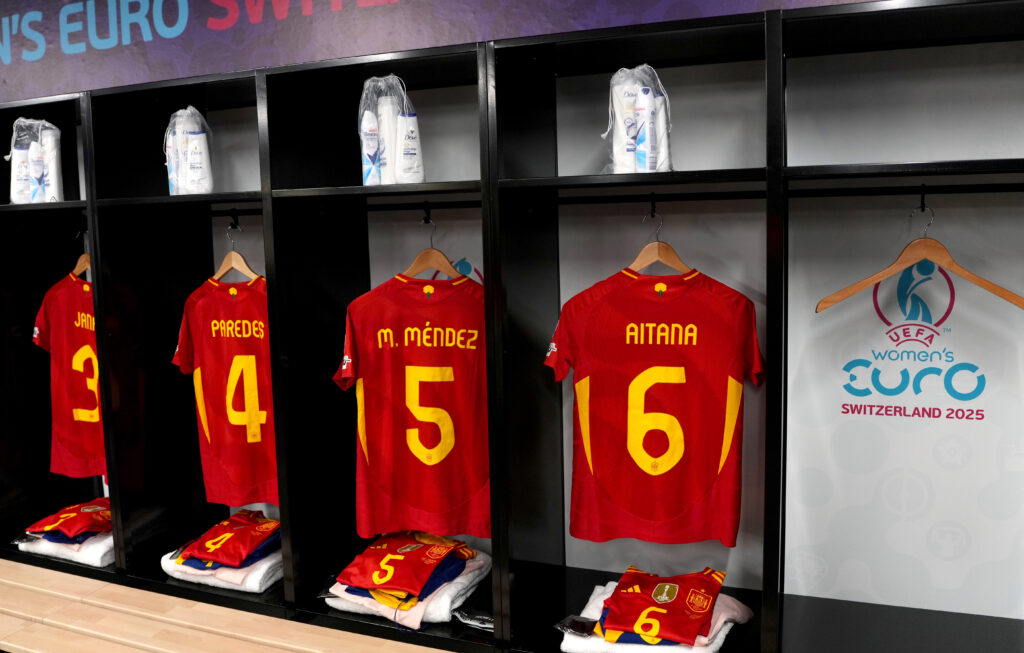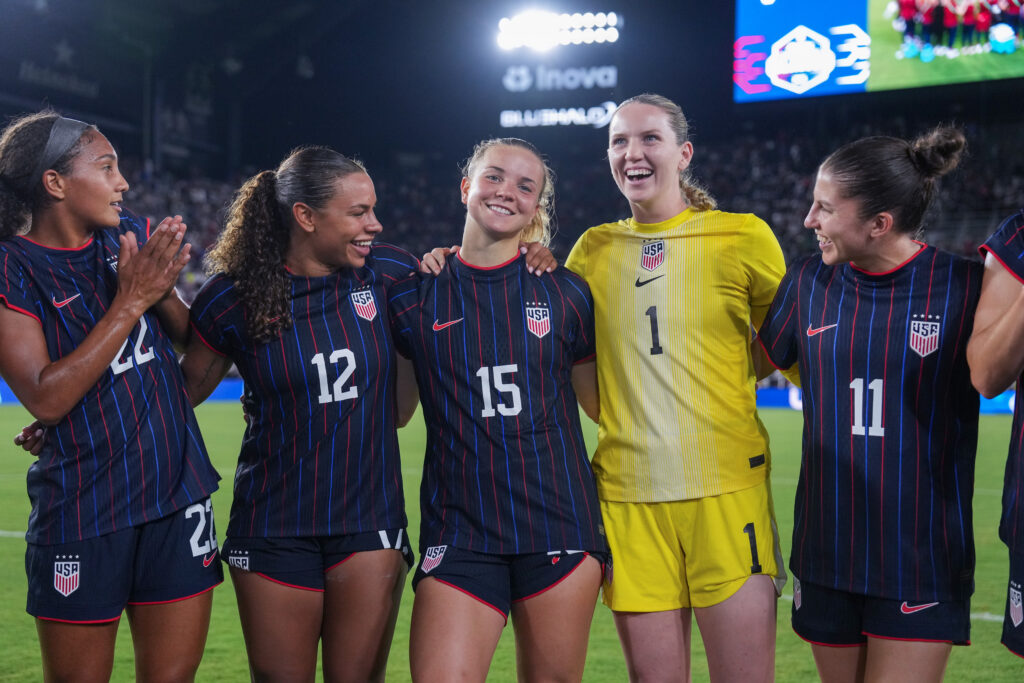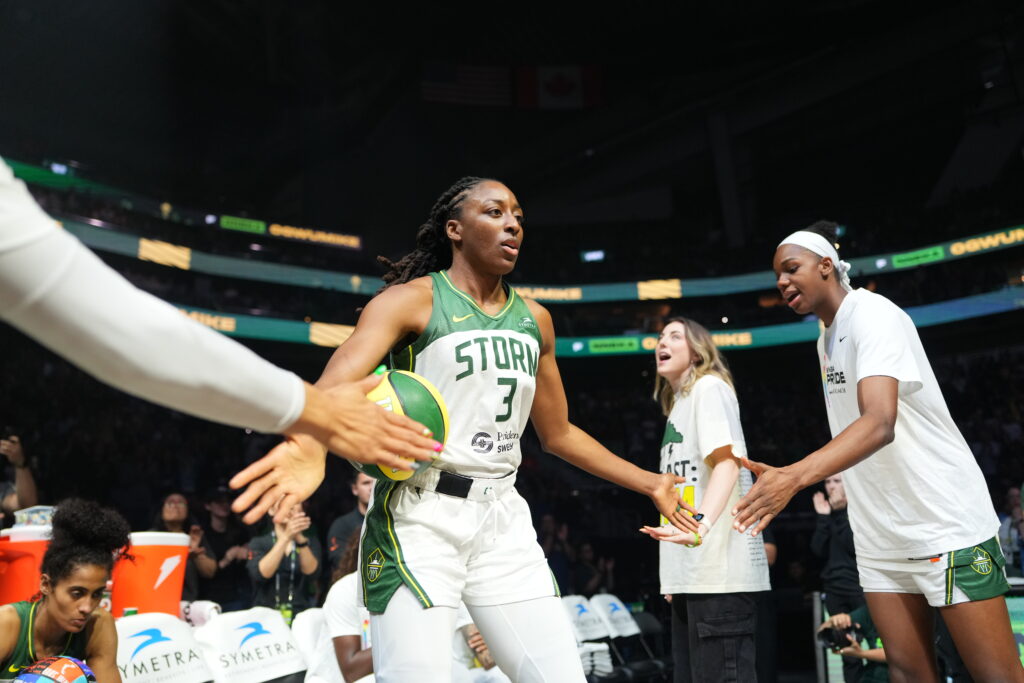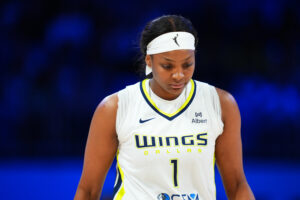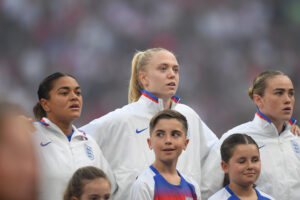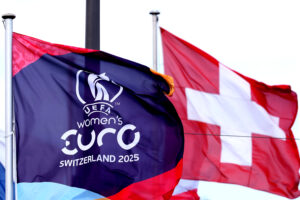Professional female athletes are often forced to rely heavily on individual sponsorships in order to make a living. Their body’s ability to perform at peak level is crucial to their negotiating leverage. Thus, pregnancy and childbirth can often throw a significant wrench into these negotiations, so much so that pregnancy itself has historically been called “the kiss of death” for a female athlete’s career.
This is exactly what happened to Olympic track star Allyson Felix when she began talks with Nike in 2018 to sign a new contract. Early on in this process Felix was happily but trepidatiously pregnant. And according to Felix, even before she disclosed her pregnancy, the sports apparel giant told her they’d be reducing her pay by 70%.
Why such a drastic reduction in their valuation of her? It could have been that based on her age (32 at the time), Nike felt that Felix’s career had peaked. Whether they factored in the likelihood of her starting a family is unknown, but regardless of the rationale, it was clear to Felix that these negotiations were going to be tough.
“That’s what really terrified me,” Felix tells Kelley O’Hara on the Just Women’s Sports podcast. “Here we are beginning this conversation before I disclose my pregnancy, and it really led to me going through my pregnancy in silence.”
Felix says she started training at 4:00am in the morning so that nobody would see her and discover she was pregnant..
“Because at the time I still didn’t have an offer on paper. I felt like it was going to disappear.”
When her daughter Camryn was born November 28, 2018 via emergency C-section at 32 weeks due to severe pre-eclampsia, Felix was still at a crossroads with Nike. The sticking point? Maternity protections. Felix was willing to consider reduced pay, but she was adamant that her new contract, and the contracts of all female Nike athletes, include protections against performance-related reductions and right of termination clauses in the months around pregnancy and childbirth. In other words, Felix wanted it in writing that female athletes’ pay could no longer be paused, reduced, or terminated when they couldn’t meet contractual performance standards due to pregnancy and postpartum recovery.
“It wasn’t enough for them just to put it in for me, this needed to happen for everyone,” she tells O’Hara.
In May 2019, taking the lead from two of her fellow athletes, Felix penned a powerful piece for the New York Times detailing her frustrations with Nike, a risky move seeing as they still hadn’t reached an agreement. But watching her baby daughter fight for her life in the NICU had given Felix a new level of bravery and perspective about what was most important to her.
“It was also having my daughter,” she tells O’Hara, explaining the decision to go public. “Thinking, I don’t want her to go through the same struggle… it’s standing up for myself, for other women, and for her. That’s what it was really about.”
To add to the risk she was taking, Felix says she didn’t have another sponsor waiting on the table.
“I just had to go with what I believe in at the end of the day.”
After Felix and her colleagues spoke out, there was significant public outcry aimed at Nike, as well as a Congressional Inquiry into their maternity policies for athletes. A few months later, Nike announced new maternity protections to be written into contracts for all its female athletes: an 18 month period beginning eight months prior to the due date during which an athlete’s pay could no longer be reduced or terminated due to pregnancy.
Wow. HUGE progress for female athletes, and equality in general! @Nike, officially eliminating wage reductions due to pregnancy (for track & field athletes). Effective immediately! pic.twitter.com/3jDgYoUpxW
— Emmanuel Acho (@EmmanuelAcho) August 16, 2019
While the change was a welcome one, it came a little too late for Felix, who had already walked away from the table with Nike. A month prior to the Nike announcement, Felix signed with Athleta, becoming their first sponsored athlete.
“I just liked the way they approached sponsorship,” she tells O’Hara. “They were taking a really holistic approach. You know, seeing me as a mom, obviously as an athlete, but also they supported my work in advocacy and fighting for women’s rights.”
Today, Felix says she feels like she is exactly where she is supposed to be.
Nike may have decided that Felix’s athletic peak was behind here, but what the company drastically underestimated was just how much the public looked up to Allyson Felix as both an athlete and a person. A Black female Olympic champion fighting through a complicated birth and recovery in order to compete for a chance at an astonishing fifth Olympic games, all while advocating for women’s rights and changing the way sports companies understand pregnancy?
We’re here for ALL of that.
Listen to Allyson Felix’s full conversation with Kelley O’Hara on the Just Women’s Sports podcast here.
